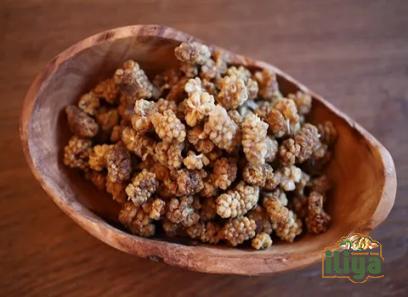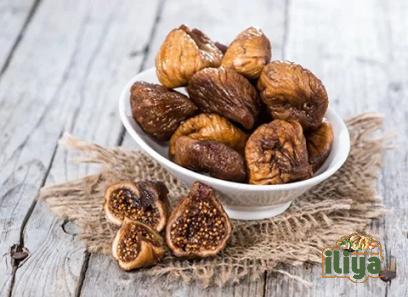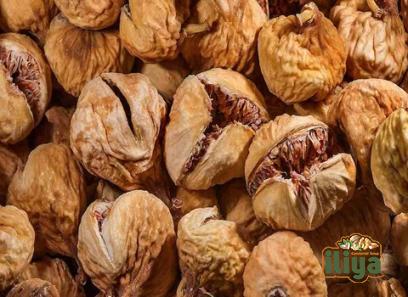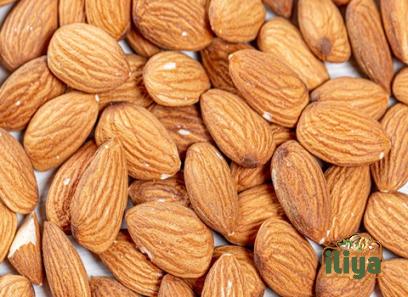Kerala, the southern state of India, is renowned for its lush green landscapes, unique culture, and thriving agricultural sector. One of its most important cash crops is the cashew nut. In recent years, the cashew nut industry in Kerala has witnessed significant growth, making the state a prominent player in both domestic and international markets. This article provides a comprehensive overview of the cashew nut industry in Kerala, highlighting its production, processing, export potential, and challenges faced by the industry players.
1. Historical Background:
The cashew nut industry in Kerala has a long-standing history, with the introduction of cashew nut cultivation by the Portuguese in the 16th century. Due to its favorable climate and fertile soil, Kerala emerged as a major hub for cashew nut farming, processing, and exporting. Today, the state contributes a significant share to India’s total cashew nut production.
2. Cashew Nut Production:
Kerala’s unique geographical features and agro-climatic conditions make it ideal for cashew nut cultivation. The major cashew-growing districts in Kerala include Kollam, Alappuzha, Kozhikode, and Kannur. The state accounts for approximately 25% of India’s total cashew nut production.
3. Cashew Processing:
Kerala boasts a robust cashew processing industry, with numerous factories spread across the state. The processing units in Kerala are equipped with state-of-the-art technology and machinery, ensuring the high-quality processing of cashews. These units handle various stages of cashew processing, including shelling, cleaning, grading, roasting, and packaging.
4. Export Potential:
The cashew nut industry in Kerala has a strong export orientation, with a diverse range of international markets. The state exports cashews to the United States, European Union countries, the Middle East, and Southeast Asian nations. The demand for Kerala’s cashews is attributed to their consistent quality, rich flavor, and competitive pricing.
5. Value Addition & Branding:
To enhance the marketability of Kerala’s cashew nuts, value addition and branding initiatives have gained momentum. Several cooperatives, private players, and government agencies are actively involved in initiatives such as organic farming, certifications, processing innovations, and product diversification. These efforts help position Kerala’s cashews as premium products in the global marketplace.
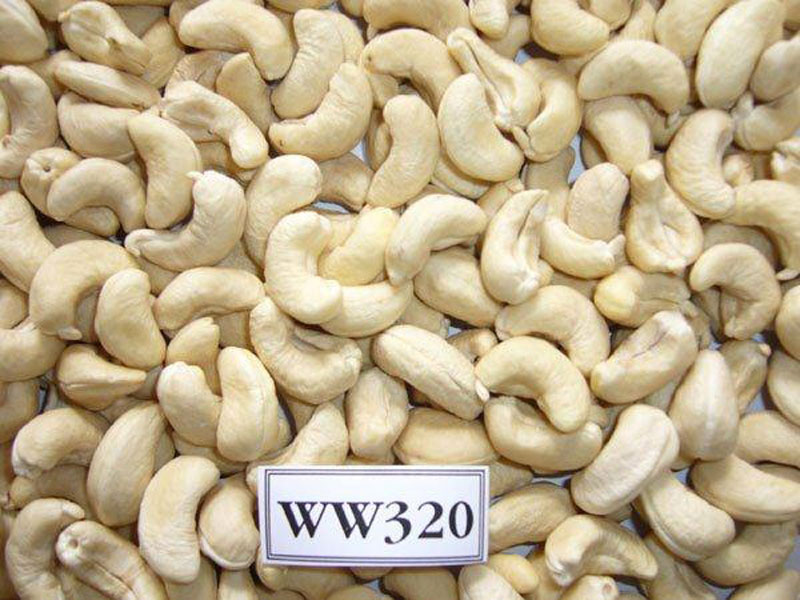
6. Employment Generation:
The cashew nut industry plays a vital role in employment generation in Kerala. It provides jobs not only in cashew farming but also in processing units, packaging, transportation, marketing, and research and development. The industry constitutes a significant source of livelihood for many rural communities in the state.
7. Challenges Faced:
Despite its growth and potential, the cashew nut industry in Kerala faces certain challenges that hinder its overall development. Some of the major challenges include inadequate infrastructure, lack of modern technology adoption, fluctuating international prices, market competition from other countries, inadequate government support, and climate change impact on cashew nut crops.
8. Government Initiatives:
Recognizing the importance of the cashew nut industry, the government of Kerala has implemented various initiatives to support and promote its growth. The state government provides financial assistance, subsidies, training programs, and marketing support for cashew farmers and processors. Additionally, collaborations with research institutions and industry associations aim to address the challenges faced by the industry.
9. Potential for Value Chain Integration:
To harness the full potential of the cashew nut industry, value chain integration is crucial. By fostering collaborations between farmers, processing units, exporters, and importers, a seamless supply chain can be established, ensuring transparency, quality control, and sustainable growth.
10. Future Outlook:
The future of the cashew nut industry in Kerala appears promising. With increased emphasis on organic farming, sustainable practices, and technological advancements, there is a tremendous opportunity for Kerala’s cashews to capture a larger market share globally. The state’s rich biodiversity, coupled with its expertise in cashew processing, positions it well to focus on value addition and premium branding.
Conclusion:
The cashew nut industry in Kerala has emerged as a significant player in the global market, with its consistent production, exceptional processing practices, and commitment to quality. Despite facing challenges, the industry continues to thrive, thanks to government initiatives, collective efforts, and the resilience of industry players. By addressing the challenges and embracing new opportunities, Kerala’s cashew nut industry holds immense potential to consolidate its position as a dominant force in the international cashew nut market.1. Cashew Nut Processing and Value Addition:
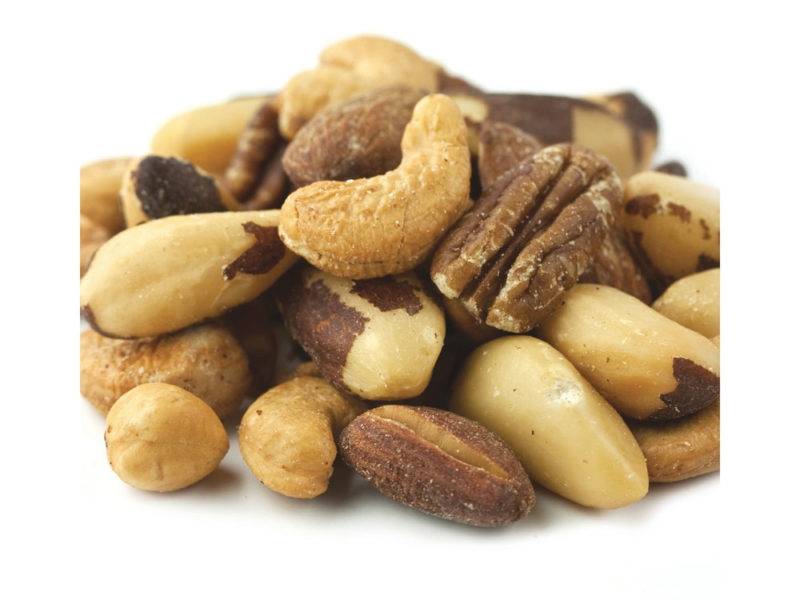
Cashew nut processing plays a vital role in adding value to the produce and increasing its marketability. Kerala’s cashew processing units are equipped with advanced technology and machinery to ensure efficient and high-quality processing. The cashews undergo various stages, including shelling, cleaning, grading, roasting, and packaging, before being prepared for domestic and international markets. The state is known for its quality control standards and adherence to international food safety regulations, making its processed cashews highly sought after.
2. Cooperative Sector in Cashew Nut Industry:
The cooperative sector has played a significant role in the development and growth of the cashew nut industry in Kerala. Numerous cashew cooperatives have been established, providing support and guidance to farmers and processors. These cooperatives facilitate the collective procurement of raw cashews, offer training and technical assistance, and provide a platform for marketing and branding initiatives. The cooperative sector has empowered small-scale farmers and processors, enabling them to compete in the global market.
3. Export Promotion Strategies and Marketing Channels:
To expand its reach in international markets, the cashew nut industry in Kerala has adopted various export promotion strategies and explored innovative marketing channels. The industry has participated in trade fairs and exhibitions, showcasing the quality and variety of Kerala’s cashews to potential buyers. Furthermore, partnerships with international distributors and retailers have helped establish a strong distribution network. The industry has also leveraged e-commerce platforms and online marketplaces, reaching out to a wider consumer base globally.
4. Diversification and Product Innovation:
To cater to evolving consumer preferences, the cashew nut industry in Kerala has embraced diversification and product innovation. Cashew-based products such as cashew butter, cashew milk, cashew cheese, and cashew snacks have gained popularity among health-conscious consumers. Manufacturers and processors have infused creativity into product development, offering unique flavors, blends, and packaging to attract niche markets and differentiate themselves from competitors.
5. Branding Kerala’s Cashews:
Branding efforts have played a crucial role in positioning Kerala’s cashews as premium products in the global marketplace. The state government, along with various industry associations, has supported branding initiatives by promoting Kerala’s cashews as organic and sustainably sourced. Moreover, obtaining certifications such as organic, fair-trade, and geographical indication labels has further enhanced the marketability and value of Kerala’s cashews. Branding efforts emphasize the state’s rich agricultural heritage, natural landscapes, and commitment to quality.
6. Challenges in the Cashew Nut Industry:
The cashew nut industry in Kerala faces several challenges that impact its growth potential. Inadequate infrastructure, including transportation, storage facilities, and power supply, hinders the efficient functioning of processing units. Additionally, the industry faces stiff competition from other cashew-producing countries like Vietnam, Brazil, and Nigeria. Fluctuating international prices and demand, influenced by factors such as currency exchange rates and global economic conditions, pose challenges for industry players. Climate change and erratic weather patterns can also impact cashew nut cultivation and productivity.
7. Government Support and Policies:

Recognizing the significance of the cashew nut industry, the government of Kerala has implemented various policies and initiatives to support its growth. The government provides financial assistance, subsidies, and loan schemes to farmers and processors. Training programs are conducted to enhance skills and knowledge in cashew cultivation, processing, and marketing. The state government also collaborates with research institutions to develop new varieties, improve farming techniques, and address challenges faced by the industry.
8. Sustainable Practices and Organic Farming:
With growing global awareness about sustainability and organic products, the cashew nut industry in Kerala has embraced sustainable and organic farming practices. Farmers are encouraged to adopt environmentally friendly techniques, reduce chemical inputs, and promote organic certification. Sustainable practices not only contribute to the preservation of the ecosystem but also add value to Kerala’s cashews by appealing to health-conscious consumers seeking ethically produced nuts.
9. Research and Development Initiatives:
To accelerate the growth and innovation in the cashew nut industry, research and development initiatives have gained prominence. Both private and public sector institutions conduct research to enhance cashew cultivation techniques, improve pest and disease management, and develop new varieties with higher yields and better quality. Collaboration between research institutions, industry players, and government bodies facilitates knowledge exchange and fosters technological advancements in the industry.
10. Potential for Agro-Tourism and Farm Experiences:
Kerala’s cashew nut industry presents an excellent opportunity for agro-tourism and farm experiences. Many cashew plantations offer visitors a chance to witness the cashew cultivation process, participate in harvesting activities, and learn about the processing techniques. Agro-tourism not only generates additional revenue for cashew farmers but also promotes rural tourism, cultural exchange, and creates awareness about the importance of sustainable agriculture.
11. Collaboration with Global Partners:
To thrive in the competitive international market, collaboration with global partners is crucial. The cashew nut industry in Kerala can establish partnerships with international counterparts for knowledge transfer, technological exchange, and market expansion. Collaborations with research institutions, industry associations, and importers can facilitate mutual growth, promote best practices, and open avenues for joint ventures and investment opportunities.
12. Outlook for the Cashew Nut Industry in Kerala:
Despite the challenges, the cashew nut industry in Kerala has displayed resilience and growth potential. The state’s favorable climatic conditions, commitment to quality, and focus on value addition make it well-positioned to further expand its market share. The industry’s efforts towards sustainability, organic farming, and product diversification align with global consumer trends. With continued government support, infrastructural development, and collaborations, the cashew nut industry in Kerala is poised to capitalize on emerging opportunities and cement its position as a leader in the global cashew market.
Conclusion:
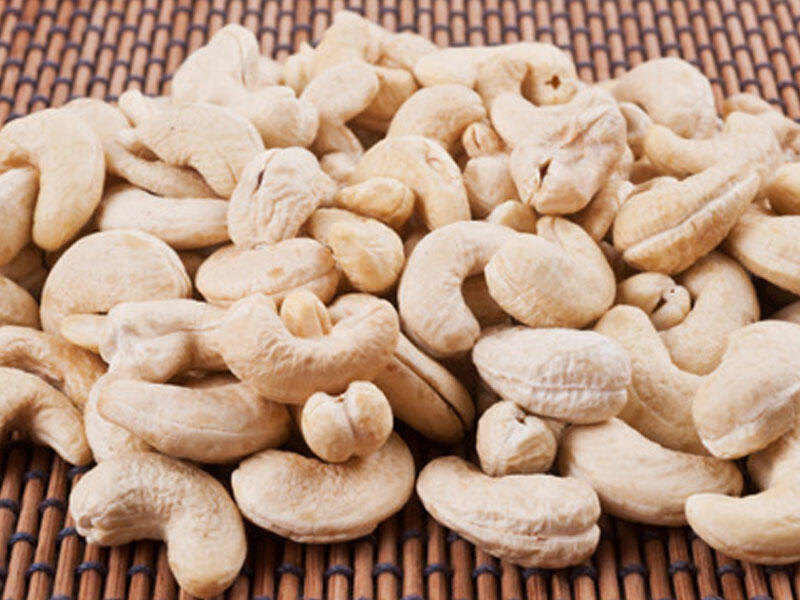
The cashew nut industry in Kerala has come a long way, evolving into a key player in the global market. With a strong emphasis on quality, value addition, sustainability, and branding, Kerala’s cashews have gained recognition for their superior taste and consistent quality. However, to overcome existing challenges and tap into the immense potential, the industry must continue to invest in infrastructure, innovation, and capacity-building. Through collective efforts, supported by government initiatives and industry collaborations, the cashew nut industry in Kerala can achieve sustainable growth and further elevate its prominence in the global cashew market.


